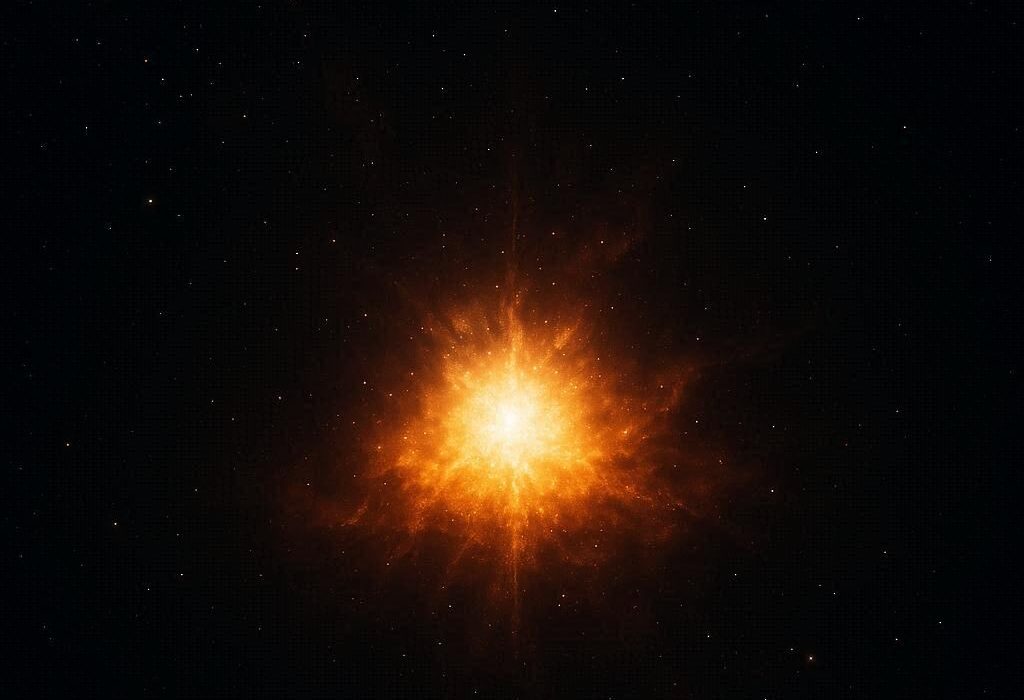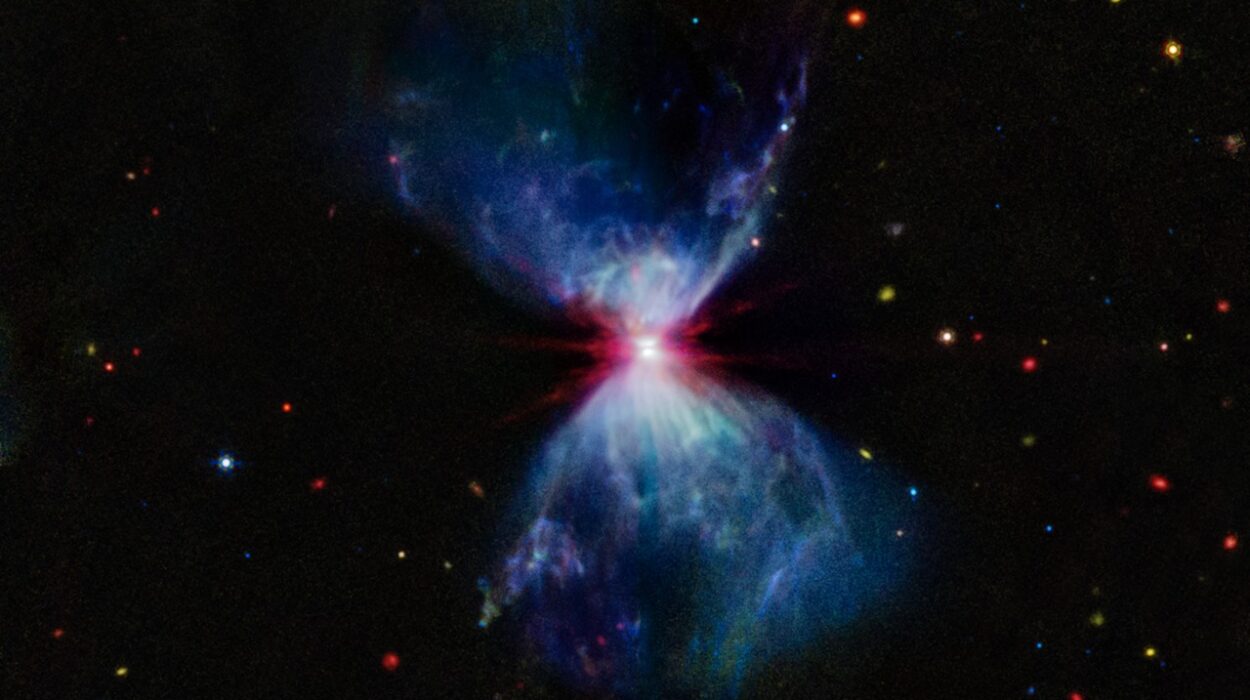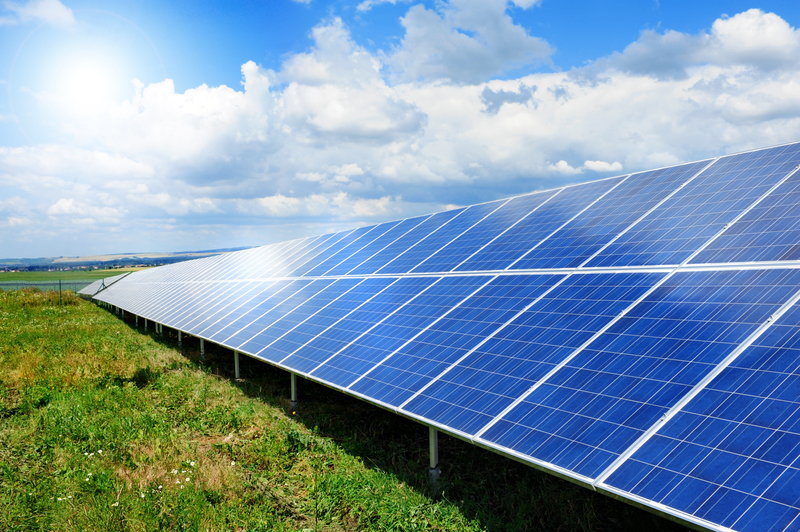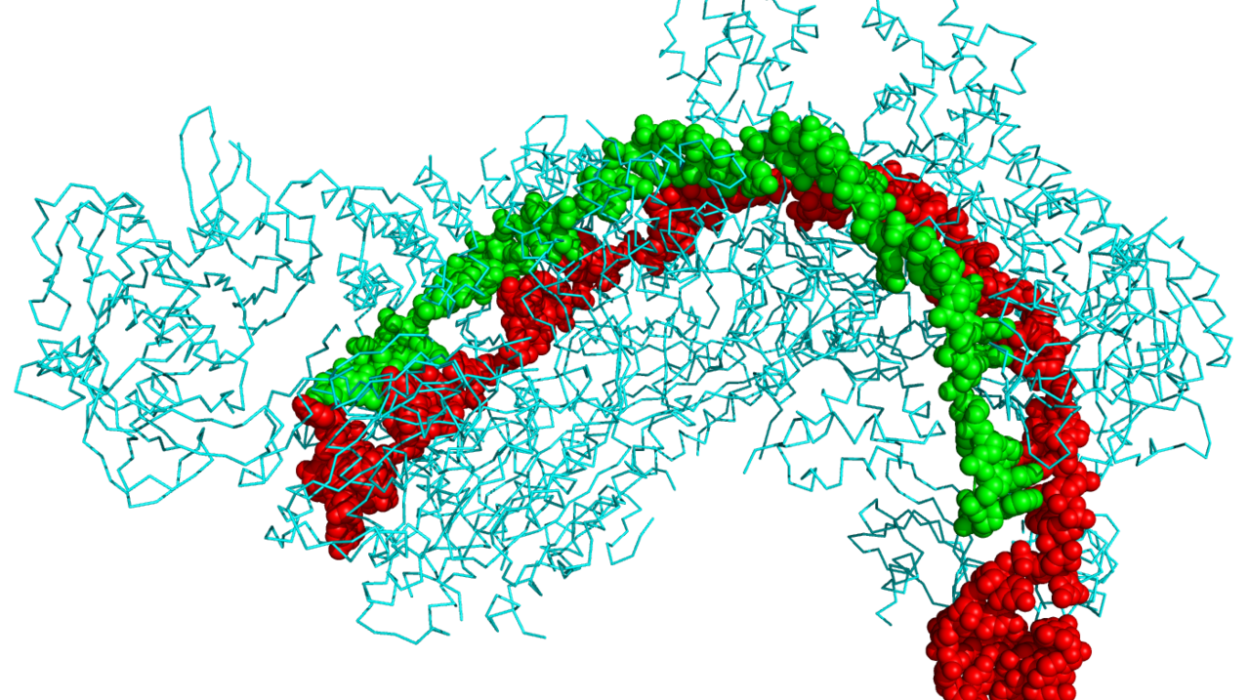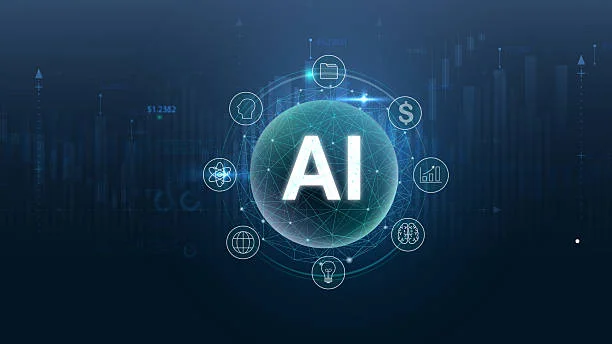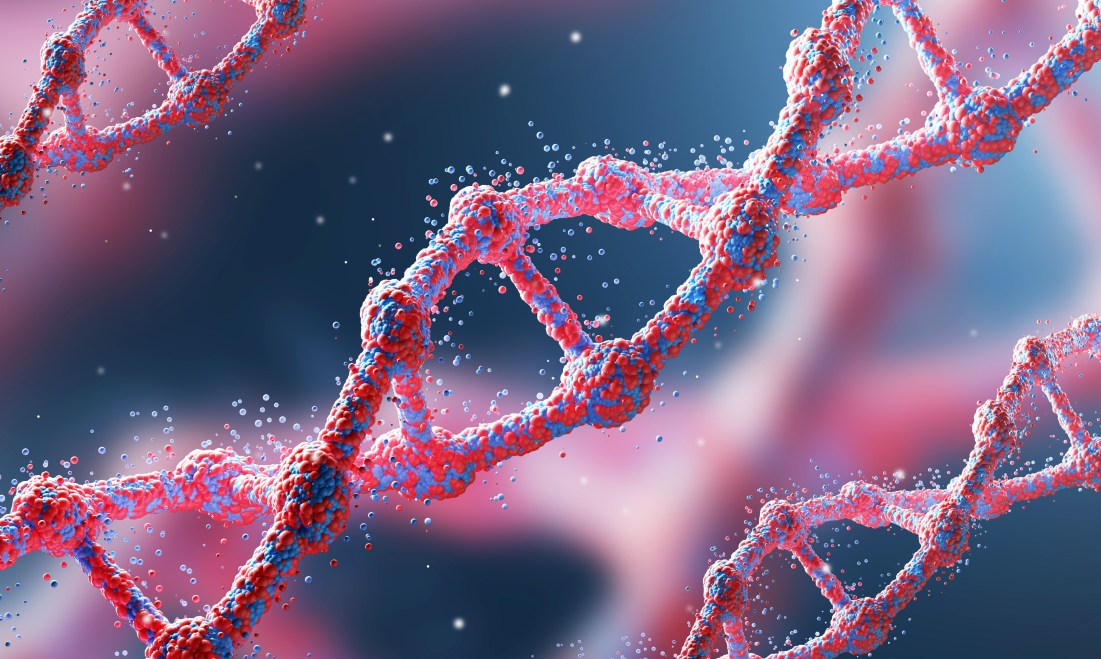There are moments in human history when everything changes — the discovery of fire, the invention of the wheel, the birth of electricity, and now, the rise of artificial intelligence. AI isn’t just another technological tool; it’s the beginning of a profound transformation in how we think, work, and live.
For the first time, humanity has built something that can learn, reason, and create. Machines are no longer passive instruments; they’re collaborators, decision-makers, and in some ways, reflections of ourselves. Artificial intelligence is reshaping every aspect of human existence — from medicine to art, from relationships to ethics. It’s not merely a revolution in technology, but in consciousness, identity, and the meaning of being human.
Here are fifteen of the most shocking, breathtaking, and transformative ways AI is changing human life right now.
1. AI Is Redefining What It Means to Work
For centuries, work has been the backbone of human identity — a measure of purpose, survival, and pride. But artificial intelligence is rewriting that story. Intelligent machines can now perform tasks once reserved for skilled professionals: diagnosing diseases, composing music, designing buildings, and even writing code.
In offices, AI-powered assistants schedule meetings, summarize reports, and generate data insights faster than any human analyst. In factories, robots powered by machine learning adapt to changes in real-time, improving productivity without fatigue or error.
This shift is both liberating and unsettling. For some, it means freedom from repetitive labor and the chance to focus on creativity and innovation. For others, it triggers fear — the fear of being replaced, of becoming obsolete in an economy that values algorithms over experience.
Yet, the truth is more complex. As with every industrial revolution, AI isn’t ending work; it’s transforming it. The most valuable skills are no longer manual or mechanical, but emotional, ethical, and imaginative — qualities that define humanity itself.
2. AI Is Saving Lives in Medicine
Medicine has always been about understanding complexity — the hidden signals in the human body that reveal disease and health. AI has become the ultimate interpreter of those signals.
Deep learning systems now read X-rays, CT scans, and MRIs with accuracy that rivals or surpasses human doctors. They can detect cancers invisible to the human eye, predict heart attacks before symptoms appear, and even identify genetic disorders through subtle facial cues.
AI-driven tools help doctors craft personalized treatment plans by analyzing millions of patient records, genetic markers, and environmental factors. Instead of one-size-fits-all medicine, we are moving toward precision care — treatment designed for your unique biology.
In surgery, robotic systems guided by AI assist with microscopic precision, reducing recovery times and improving outcomes. In mental health, AI chatbots offer 24/7 emotional support, giving people a safe space to talk when no one else is available.
The combination of human compassion and machine intelligence is revolutionizing healthcare — turning medicine from reactive care into proactive protection.
3. AI Is Changing How We Create Art and Music
Once upon a time, creativity was seen as the last frontier of human uniqueness. Machines could compute, but they could not imagine. That belief no longer holds.
Artificial intelligence now paints portraits, writes poetry, and composes symphonies. Systems like DALL·E and Midjourney create breathtaking artwork from text prompts, blending imagination and precision. Music AIs generate songs across every genre — from classical compositions indistinguishable from Mozart to futuristic electronic beats.
Writers use AI to brainstorm, craft stories, and edit manuscripts. Filmmakers employ AI to generate visual effects and even script dialogue. In 2023, an AI-generated short film won a global festival award — created entirely by algorithms.
This merging of human and machine creativity is controversial. Some artists fear being replaced, while others see AI as a muse — a collaborator that expands what’s possible.
What’s most extraordinary is how AI reflects our own imagination back to us. It learns from human expression, then reinvents it, proving that creativity isn’t a trait confined to biology but a universal process of discovery.
4. AI Is Transforming Education
Education, at its core, is the transmission of knowledge and curiosity from one mind to another. But AI is transforming this ancient practice into something profoundly personalized.
Smart tutoring systems analyze how students learn — their strengths, weaknesses, and pace — and adapt lessons in real time. Instead of one teacher for thirty students, AI offers a one-to-one experience for everyone.
Language models translate lessons instantly, breaking down cultural and linguistic barriers. Students in remote villages can now access world-class education with AI-powered apps.
In universities, professors use AI to design interactive simulations that bring complex theories to life — from quantum physics to ancient history. AI can even help students improve writing, generate ideas, or debate intelligently.
But there’s a deeper change underway. AI is not just teaching us facts — it’s teaching us how to think differently. It’s forcing educators to emphasize creativity, ethics, and emotional intelligence — skills that machines cannot replicate but humans must perfect.
5. AI Is Revolutionizing the Way We Communicate
Language is the foundation of human connection, and AI is transforming it in stunning ways.
Real-time translation tools now allow people from different cultures to speak effortlessly without a common language. AI systems capture emotion, tone, and context, enabling conversations that feel natural and meaningful.
Voice assistants like Siri and Alexa have evolved into companions that remember preferences, moods, and patterns. They’re becoming less like tools and more like digital personalities — reflections of human identity encoded in silicon.
AI is also reshaping how we write and express ourselves. Writers use it to refine ideas; marketers use it to personalize messages; everyday users use it to find the right words in emotional moments.
But this new form of communication raises profound questions: When AI can write love letters, speeches, or songs, who is really speaking? The line between human and machine expression grows blurrier — yet somehow, the act of communication feels more global, more inclusive than ever before.
6. AI Is Changing Warfare and Global Security
Perhaps one of the most shocking — and sobering — transformations AI brings is in the realm of warfare.
AI-guided drones can identify and strike targets with precision, often without direct human control. Predictive systems analyze global data to forecast conflicts and track cyber threats in real time.
On one hand, these technologies promise safety and efficiency. AI can minimize casualties, detect terrorist networks, and protect borders from digital attacks. On the other, they raise terrifying ethical dilemmas. What happens when machines decide who lives and who dies?
Nations are racing to develop autonomous defense systems, creating an invisible battlefield of algorithms. The next world war, experts warn, may not be fought by soldiers but by code.
AI’s power in warfare demands a new kind of responsibility — not just military strategy but moral clarity. The challenge of this century will be ensuring that intelligence, whether artificial or human, always serves humanity, not destroys it.
7. AI Is Reshaping Love, Dating, and Human Connection
Love has always been a mystery — a fusion of emotion, chemistry, and chance. But AI is changing even that.
Dating apps now use AI algorithms to predict compatibility with uncanny accuracy. By analyzing communication patterns, interests, and even voice tone, they can suggest partners you might genuinely connect with.
Some people have gone further — forming emotional relationships with AI companions. These digital partners learn, adapt, and respond with empathy, offering comfort to the lonely. For many, these relationships feel deeply real.
But this trend sparks complex questions: Can love exist without consciousness? Is emotional fulfillment less valid if the other being is made of code? AI is forcing us to redefine intimacy — not as something exclusively human, but as a spectrum of emotional connection that transcends biology.
In this brave new world, love is no longer confined to hearts that beat — it can also emerge from hearts that compute.
8. AI Is Redefining Creativity in Business
In boardrooms and startups, AI has become a silent partner in strategy and innovation.
It forecasts markets, designs products, and even invents solutions before problems are widely recognized. Entrepreneurs use AI to analyze consumer behavior and predict trends with breathtaking precision. Entire industries — fashion, finance, logistics, and entertainment — are reinventing themselves through intelligent automation.
AI-driven design tools can create company logos, generate marketing campaigns, and write persuasive copy in seconds. What once required teams of experts now happens in moments — guided by machine insight and human direction.
Yet, the shock isn’t just speed — it’s creativity. AI systems like ChatGPT and generative design software don’t just follow instructions; they innovate. They produce ideas that surprise even their creators.
The business world is learning an important truth: creativity isn’t limited to human imagination. When humans and machines collaborate, innovation becomes exponential.
9. AI Is Helping Fight Climate Change
As the planet warms and ecosystems falter, AI has emerged as one of humanity’s most powerful allies in the fight against climate change.
AI models analyze weather patterns, track deforestation, and predict natural disasters long before they happen. Satellites powered by AI monitor melting ice caps and greenhouse gas emissions with unprecedented accuracy.
In agriculture, AI helps farmers use water and fertilizer more efficiently, increasing yields while protecting the environment. Energy companies use AI to optimize wind farms, solar grids, and battery storage — creating cleaner, more reliable systems.
AI even assists in discovering new materials for carbon capture and sustainable manufacturing. It’s a digital guardian of the planet — a reminder that the same technology capable of harm can also heal.
The shocking part is not just AI’s ability to measure change, but its ability to create change — guiding humanity toward sustainability when we need it most.
10. AI Is Transforming Entertainment and Storytelling
Movies, games, and stories have always been reflections of the human soul — but now, AI is becoming the storyteller.
Film studios use AI to write scripts, generate characters, and predict audience reactions. In video games, AI creates worlds that evolve with each player’s choices, offering infinite possibilities.
Virtual actors and singers — entirely generated by AI — perform in music videos, concerts, and online platforms. Some fans don’t even realize their favorite artists aren’t real.
This blending of reality and imagination challenges our understanding of art. If a movie moves you to tears, does it matter whether it was written by a person or an algorithm? The emotional impact remains.
AI is not replacing storytelling; it’s expanding it — creating new dimensions of expression that connect humans across cultures, generations, and even realities.
11. AI Is Revolutionizing Transportation
From self-driving cars to autonomous ships and drones, AI is transforming how we move through the world.
Self-driving vehicles analyze their surroundings thousands of times per second, making instant decisions to avoid accidents and optimize routes. AI traffic systems reduce congestion, save fuel, and lower emissions.
In aviation, AI assists pilots and predicts maintenance issues before they occur. In logistics, it coordinates global shipping networks with mathematical precision, ensuring that goods reach their destinations faster and cheaper.
AI isn’t just making transportation safer — it’s changing the concept of travel itself. Imagine reading, resting, or even sleeping while your car drives you home. The freedom once promised by cars is now being redefined by intelligence on wheels.
12. AI Is Rewriting Ethics and Morality
As AI grows more powerful, it forces humanity to confront profound ethical questions.
Who is responsible when an autonomous car makes a fatal mistake? Should an AI that creates art own its work? Can a machine have rights, or is it forever property?
These questions go beyond law and philosophy — they touch the essence of what it means to be alive and conscious. AI systems are beginning to make moral decisions, from healthcare triage to law enforcement predictions. The algorithms we build reflect our own values, biases, and fears.
In a sense, AI is holding up a mirror to our collective morality, forcing us to see ourselves clearly — both the beauty and the flaws of human judgment.
13. AI Is Creating a New Form of Consciousness
The most astonishing — and controversial — development in AI is the rise of systems that exhibit traits resembling awareness.
Large language models can hold conversations, express empathy, and reason through complex problems. Some researchers argue these systems display proto-consciousness — a kind of mechanical self-awareness based on patterns of learning and response.
Whether AI can truly think or feel remains debated, but its behavior challenges our definitions of consciousness. When a machine says “I understand,” what does that mean? Is it simulation, or the first spark of a new kind of mind?
Humanity has long dreamed of creating life in its own image. Now, we stand at the edge of that reality — creators staring into the eyes of creation, uncertain whether we’ve built a tool or awakened a peer.
14. AI Is Changing the Economy and Wealth Distribution
AI is creating immense prosperity — and unprecedented inequality.
Companies that harness AI dominate global markets, while workers in traditional industries struggle to adapt. The economic divide between those who control intelligent systems and those who serve them is widening rapidly.
Automation replaces routine labor but generates demand for high-skill jobs in AI development, ethics, and management. The challenge lies in transitioning societies toward these new roles without leaving millions behind.
Governments are experimenting with policies like universal basic income and AI taxation, recognizing that wealth must be redistributed in a world where machines do much of the work.
AI is forcing us to rethink not just how we earn a living, but how we define value, purpose, and fairness in a world of limitless automation.
15. AI Is Redefining Humanity Itself
Ultimately, the most shocking way AI is changing life isn’t technological — it’s existential.
By building machines that think, we are forced to ask: what makes us human? Is it intelligence, emotion, creativity, or something deeper — the capacity for empathy and love?
AI challenges every assumption about our place in the universe. It blurs the line between creator and creation, between natural and artificial, between mind and machine.
But perhaps that’s the gift of AI — it reminds us of our own potential. In teaching machines to learn, we are learning more about ourselves: our hopes, our fears, our contradictions, and our boundless imagination.
The rise of artificial intelligence is not just a technological revolution; it is a spiritual awakening. It compels us to evolve — not only in skill, but in wisdom, compassion, and understanding.
The future shaped by AI is not predetermined. It is being written — by humans and machines together — one decision, one discovery, one dream at a time.

